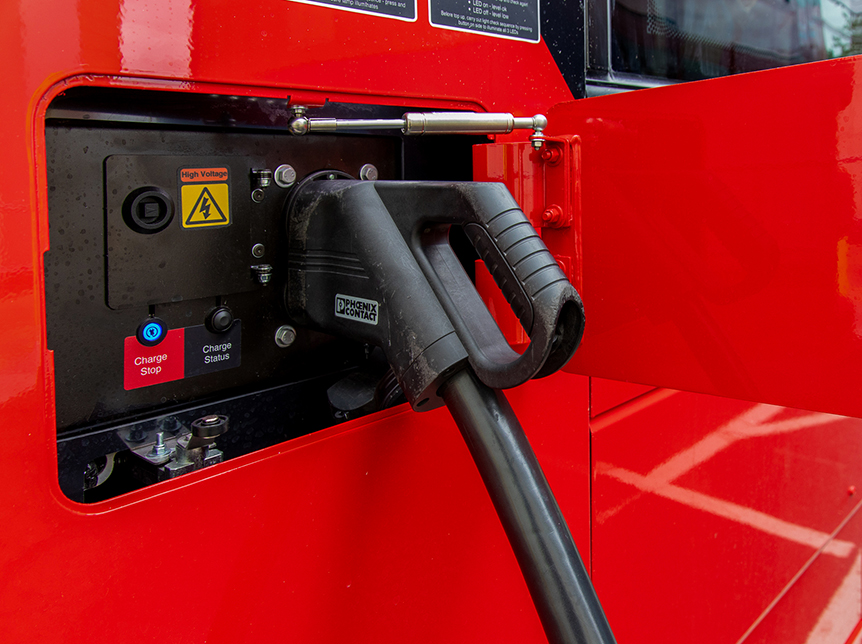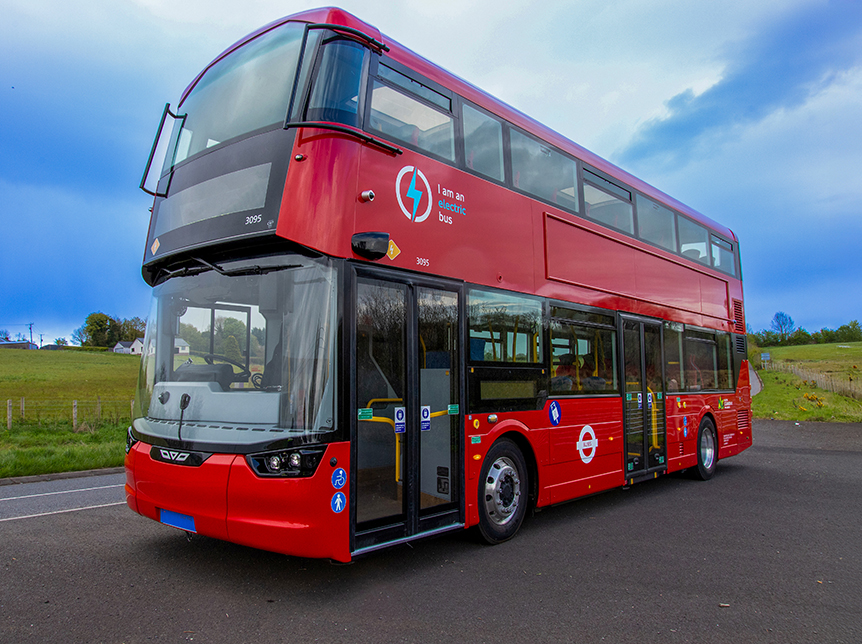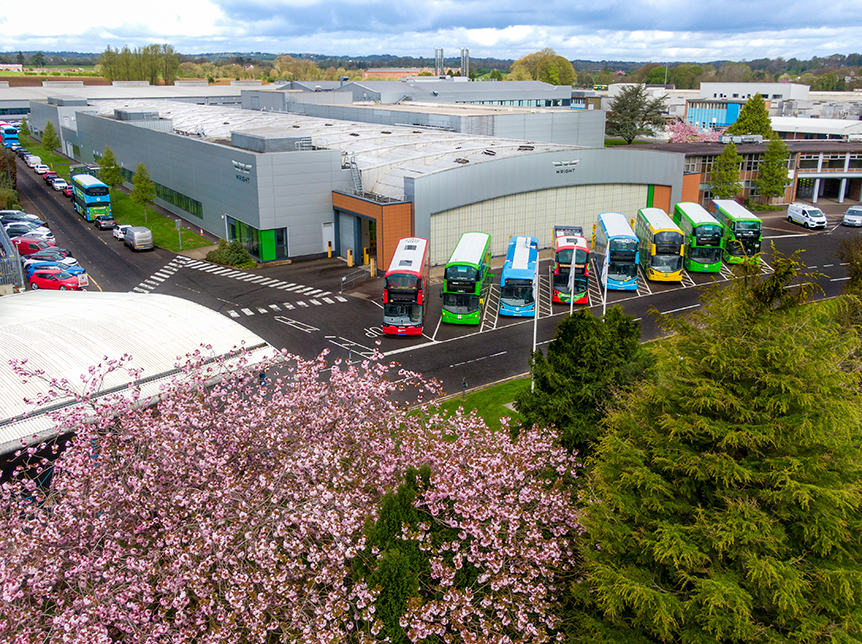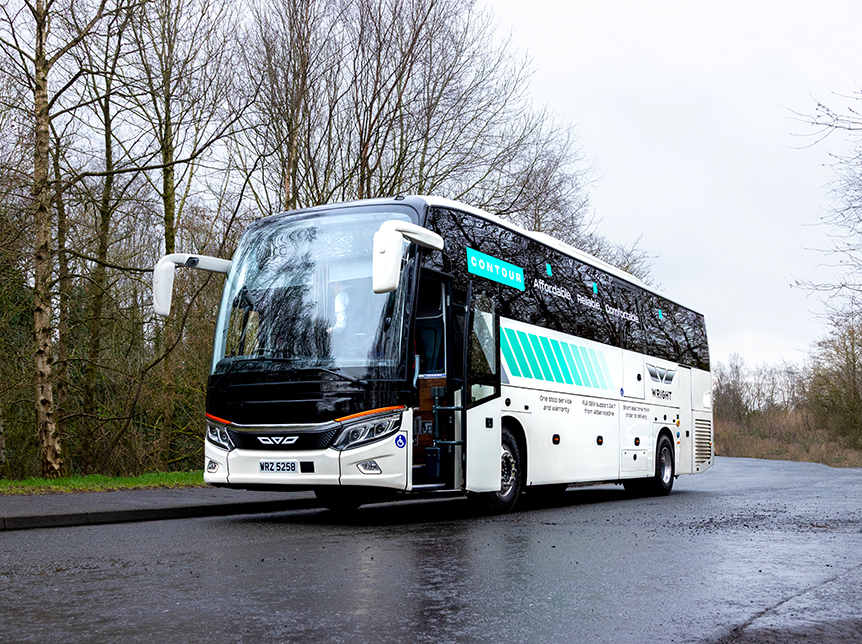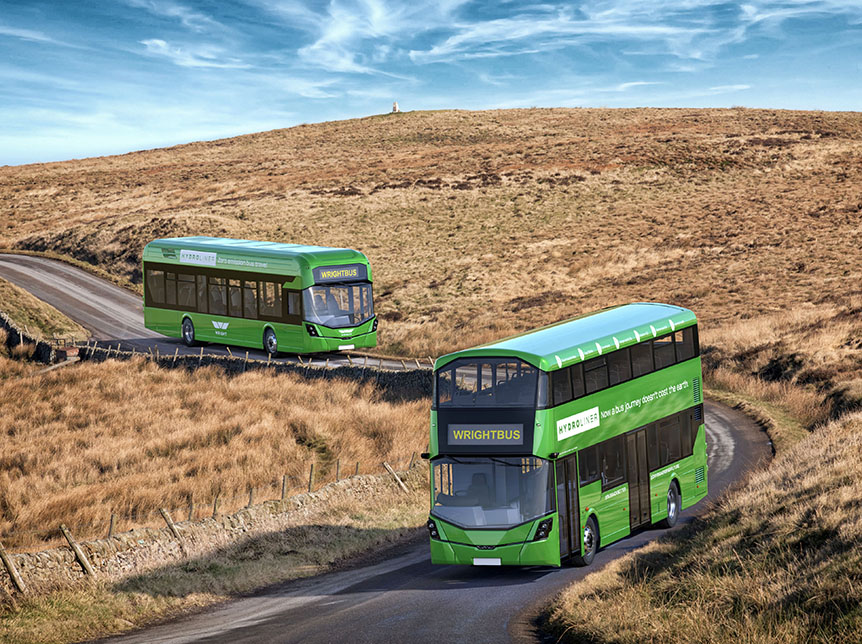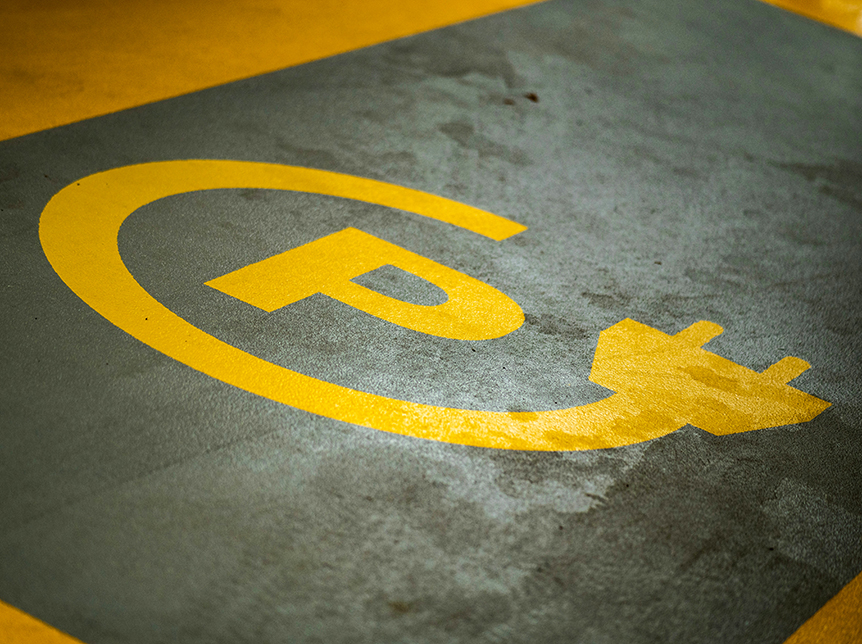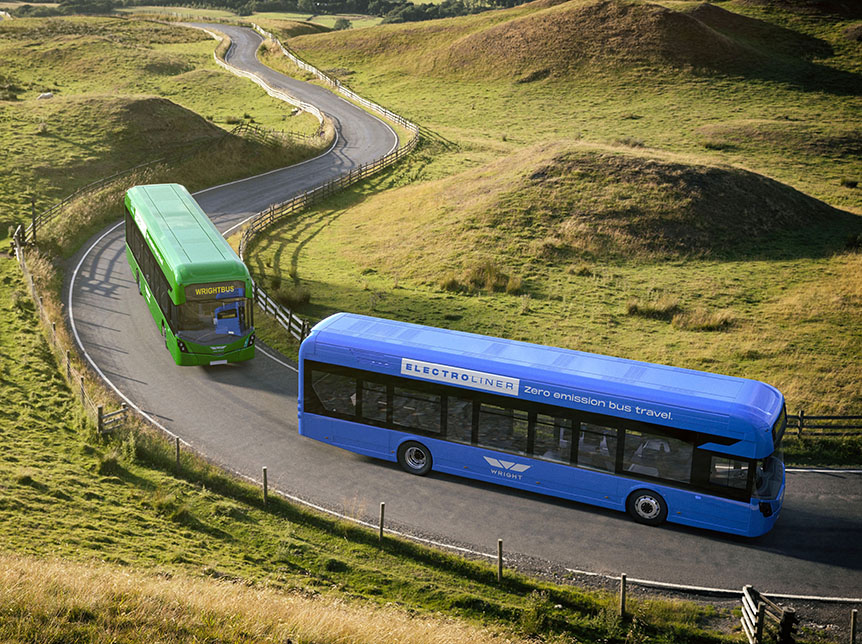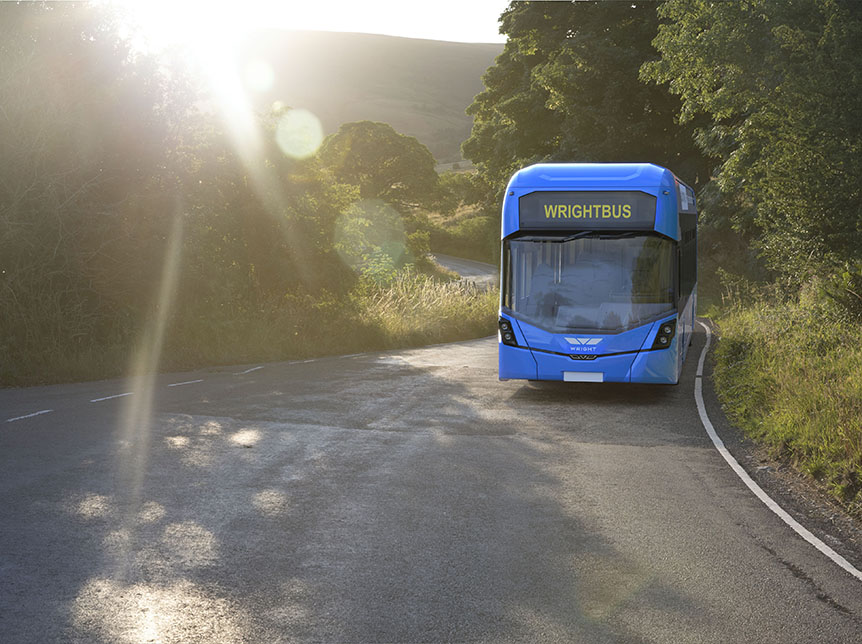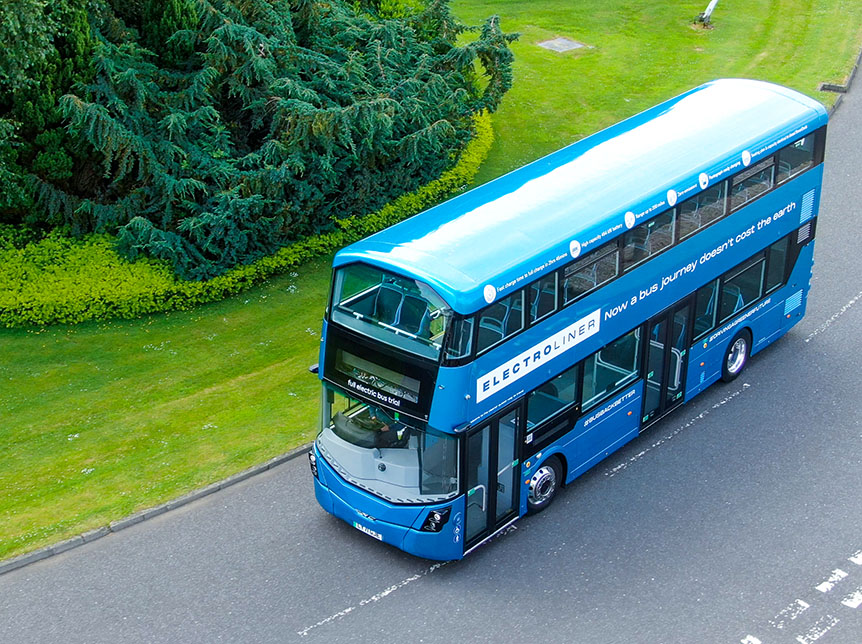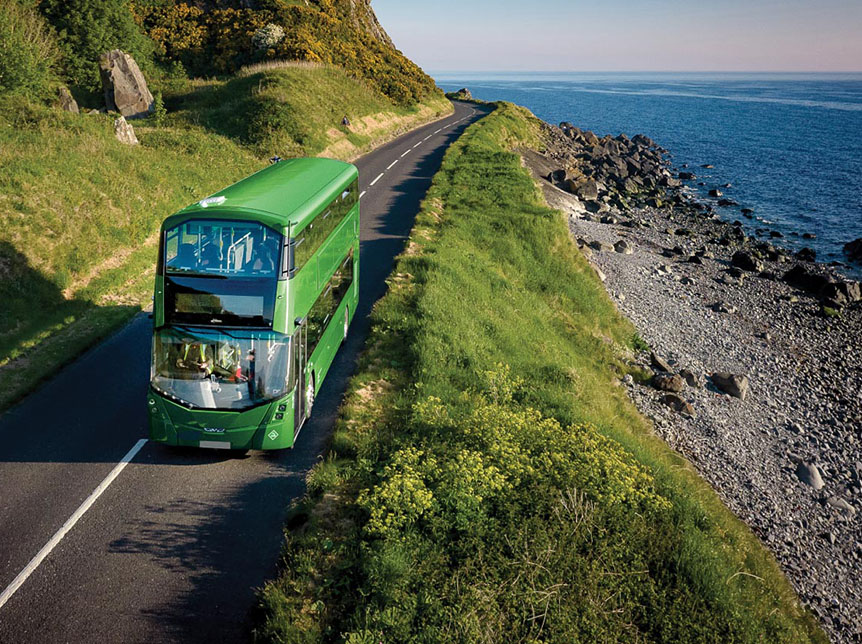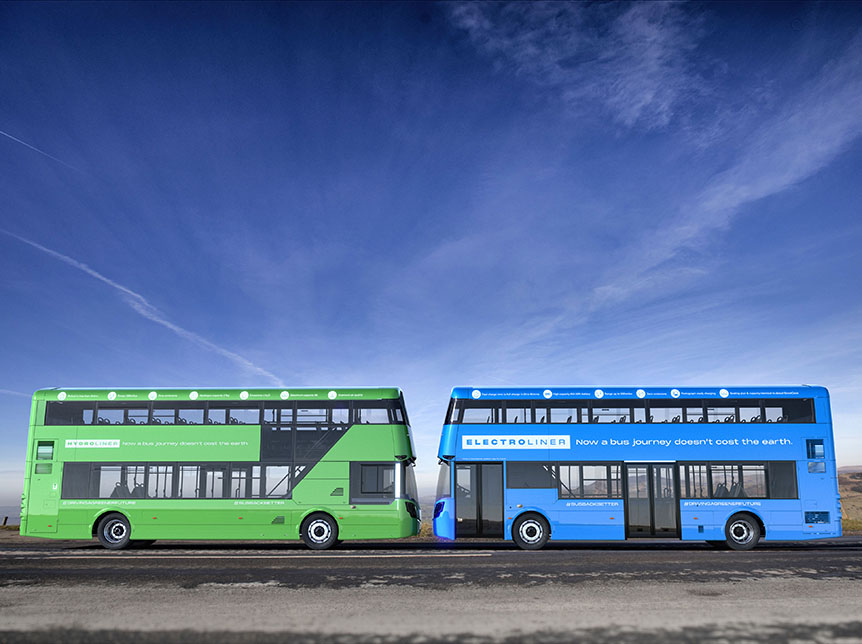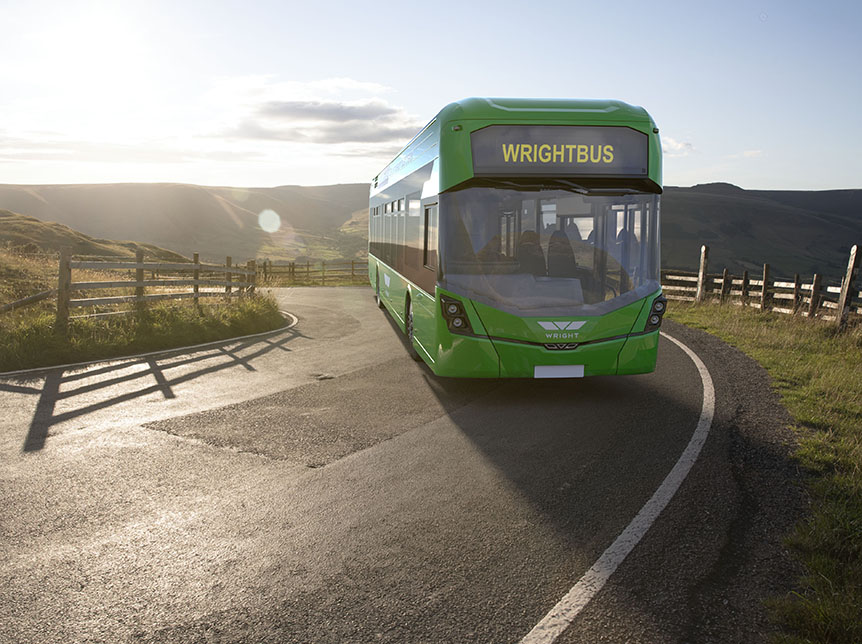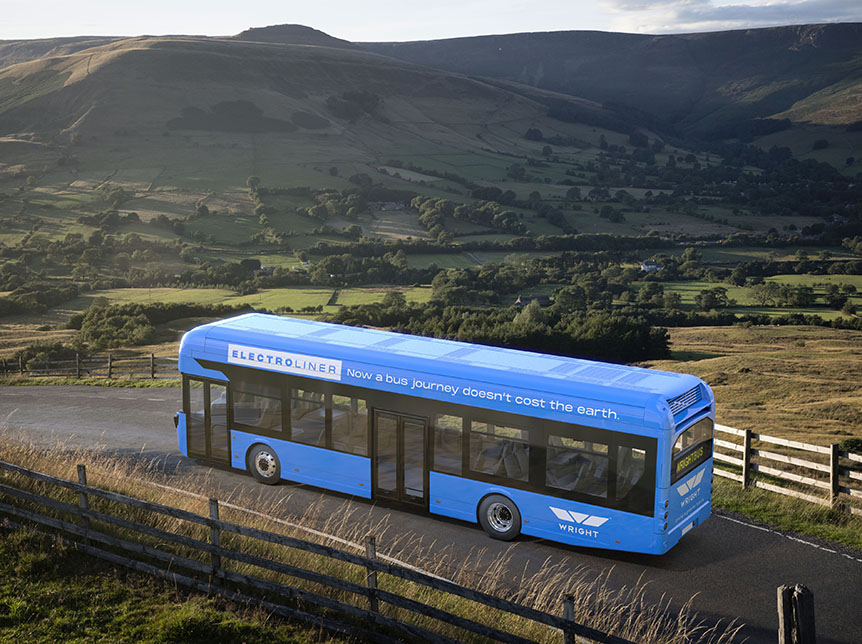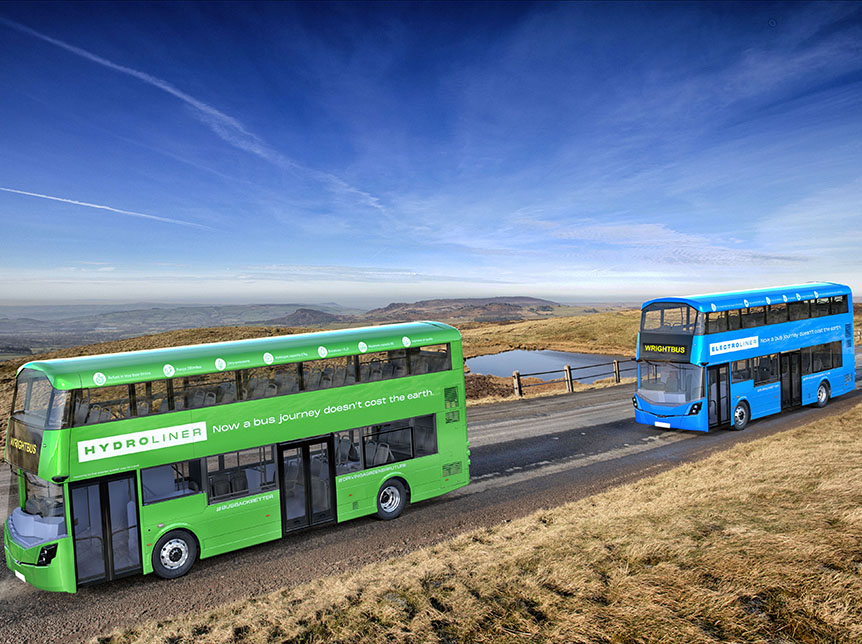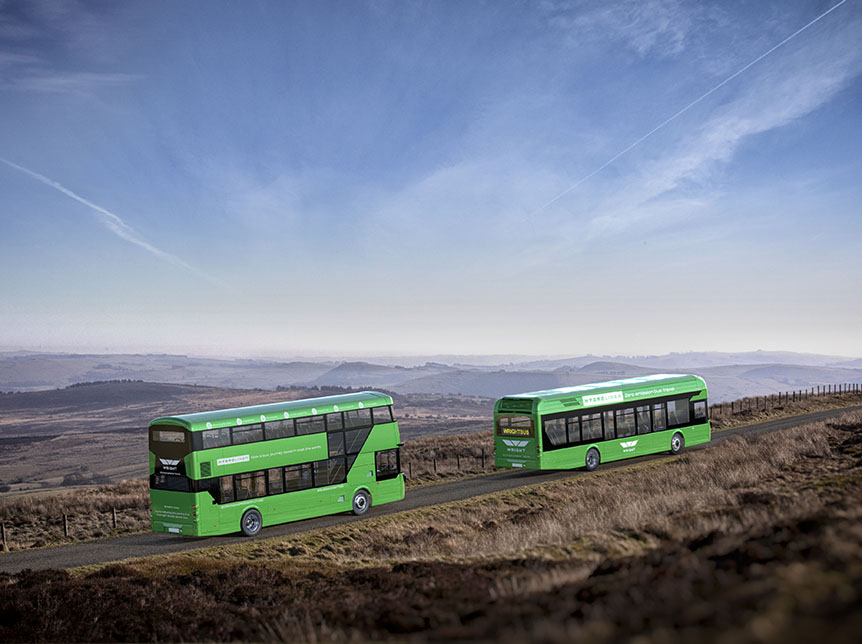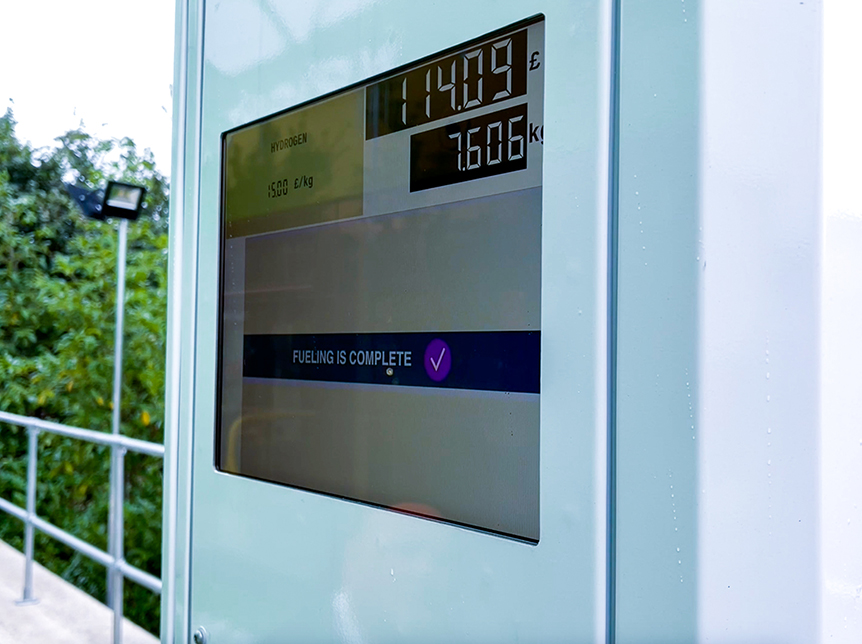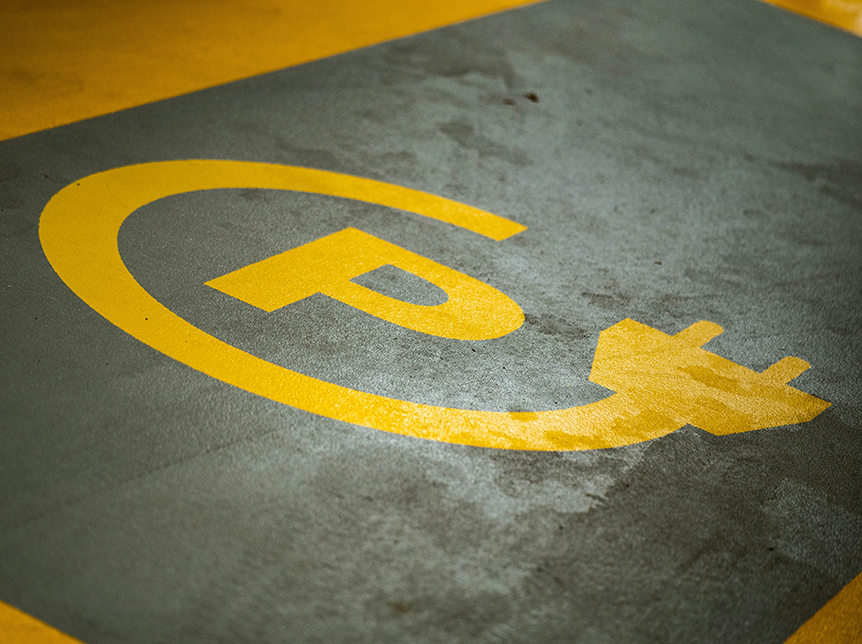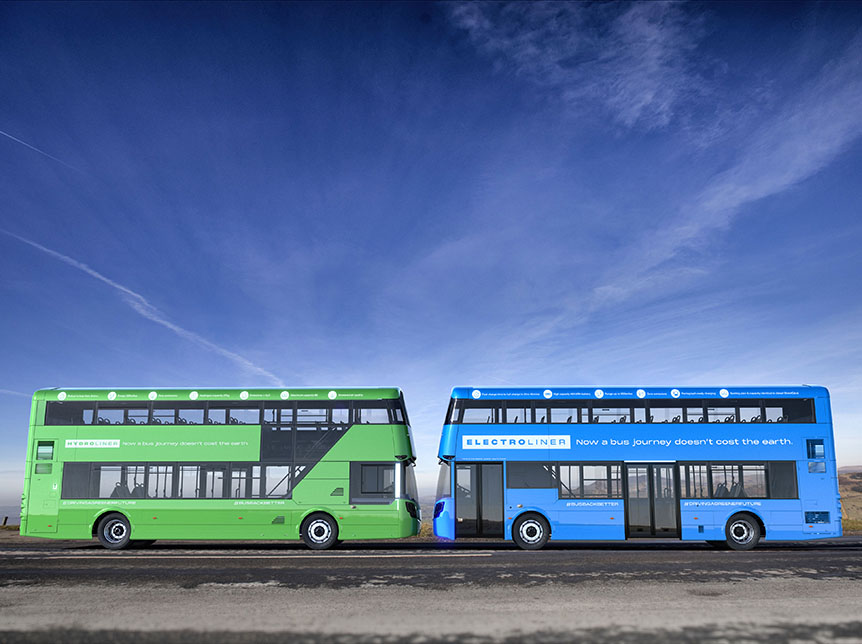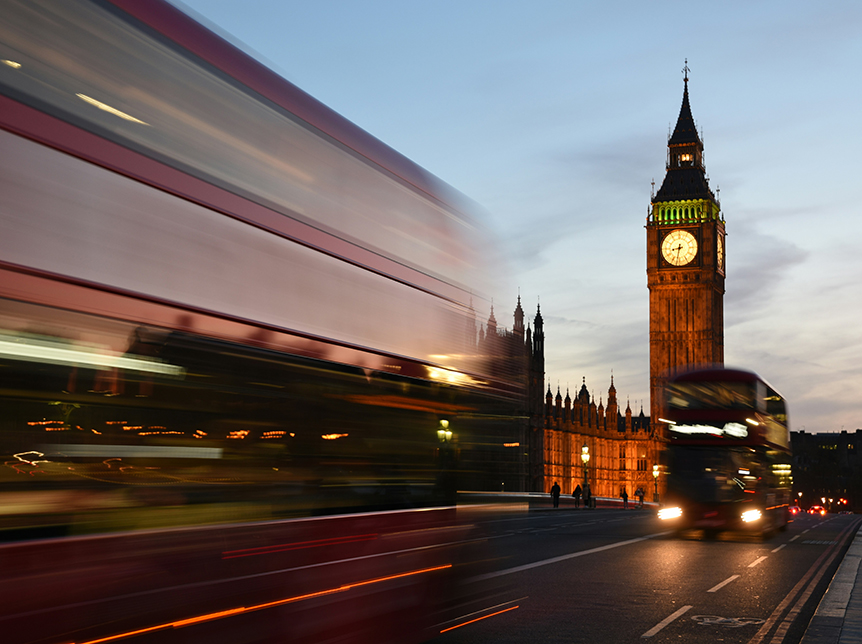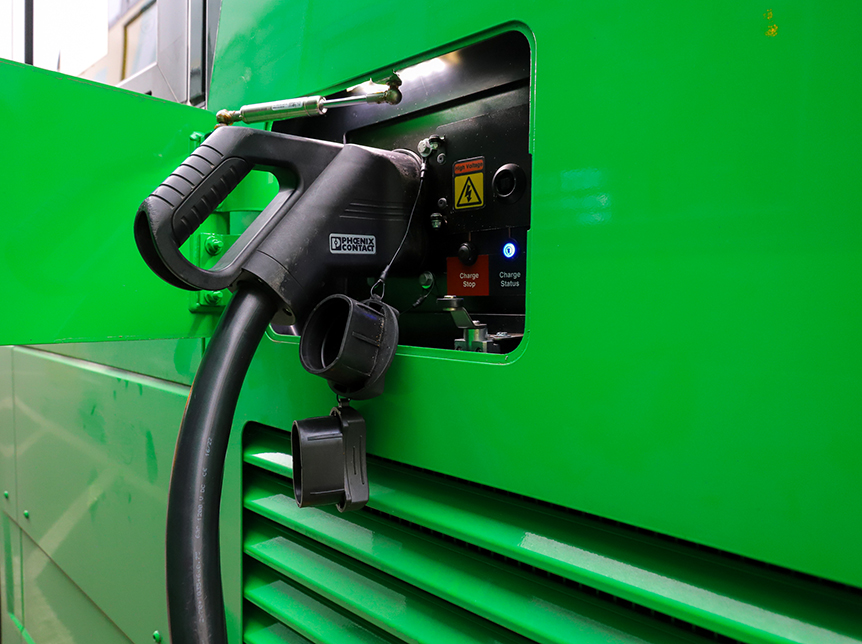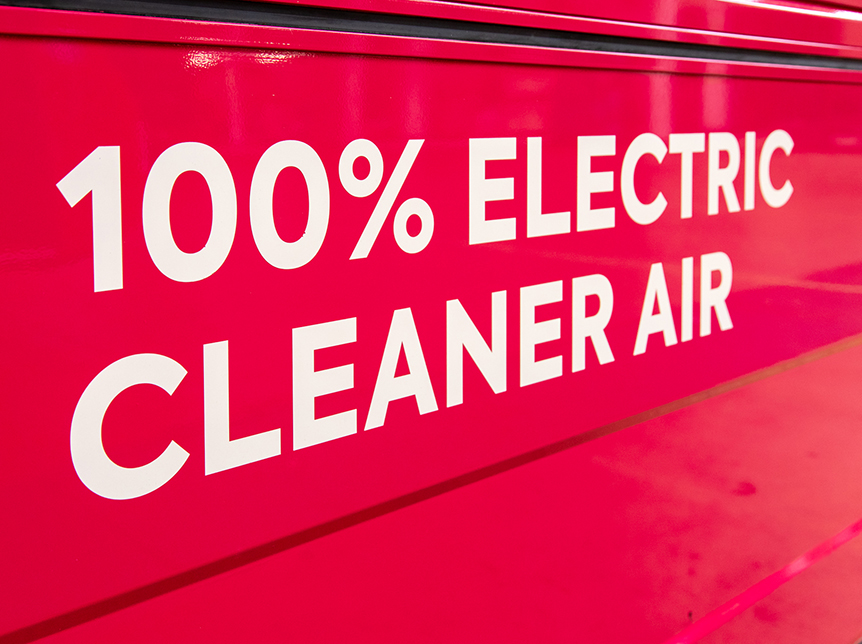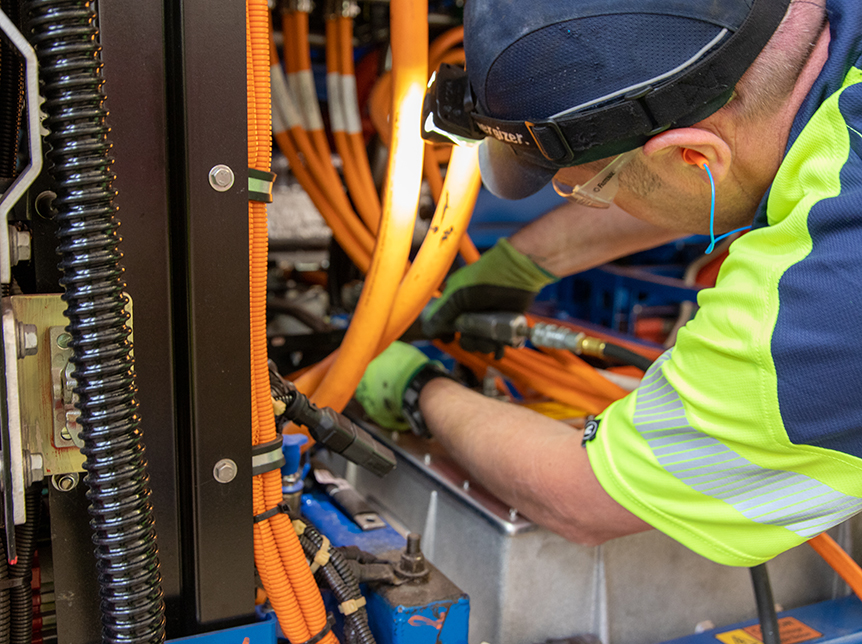Hydrogen fuel cell vehicles represent a groundbreaking advancement in clean transportation technology, offering a zero-emission alternative to traditional fossil fuel-powered vehicles. In bustling urban centers like London, where air quality concerns are paramount, hydrogen fuel cell vehicles, including buses, are emerging as a promising solution to reduce emissions and combat pollution.
One of the key advantages of hydrogen fuel cell vehicles is their ability to produce electricity on board through a chemical reaction between hydrogen and oxygen, with water vapor as the only byproduct. This means that hydrogen-powered buses emit no harmful pollutants or greenhouse gases during operation, making them an environmentally friendly choice for public transit fleets.
In London, a growing number of hydrogen buses are being introduced into the city's public transportation network as part of efforts to improve air quality and reduce carbon emissions. These buses offer the same level of performance and reliability as their diesel counterparts, with the added benefit of significantly lower environmental impact.
Hydrogen buses in London utilize fuel cell technology to convert hydrogen gas into electricity, which powers an electric motor to drive the vehicle. The hydrogen fuel is stored in tanks onboard the bus, providing a clean and efficient energy source for propulsion.
The introduction of hydrogen buses in London is supported by investments in hydrogen infrastructure, including refueling stations and storage facilities, to ensure reliable and widespread adoption of this technology. By expanding the availability of hydrogen fueling infrastructure, transit agencies and city planners aim to create a seamless transition to zero-emission transportation solutions.
In addition to their environmental benefits, hydrogen buses offer quiet operation and improved air quality for passengers and pedestrians alike. With their advanced technology and sustainable fuel source, hydrogen buses are helping to pave the way for a cleaner and greener future for public transportation in London and beyond.
In conclusion, hydrogen fuel cell vehicles, including buses, are playing a vital role in transforming urban transportation in London by offering a clean and sustainable alternative to traditional diesel-powered vehicles. With continued investment and support, hydrogen buses have the potential to drive significant reductions in emissions and improve air quality in cities around the world.
Read more
Single Decker Electric Buses: Paving the Way for Sustainable Public Transport
Read onThe Double Decker Electric Buses: Revolutionizing Urban Transportation
Read onElectric Buses and Hydrogen Vehicles: Driving the Future of Sustainable Transportation
Read onHybrid Buses: The Future of Sustainable Double Decker Transportation
Read onThe Future of Public Transit: Single Decker Buses and Hydrogen Fuel Cell Vehicles
Read onExploring the Future of Transportation: Battery Electric Vehicles and Double Decker Buses
Read onNavigating Urban Landscapes: The Versatility of Single Deck Buses and Double Deck Buses
Read onLondon's Bendy Bus Legacy and the Innovation of London Electric Vehicle Company
Read onPioneering Zero-Emission Transport: The Rise of Electric Bus Companies in the UK
Read onEmbracing Tomorrow's Roads: Zero-Emission vs. Battery Electric Vehicles
Read onThe Perfect Blend: Exploring Hybrid Electric Vehicles and the Role of Coach Builders
Read on
Get in touch
Wrightbus has been at the forefront of transport innovation since 1946, relentlessly pushing the boundaries with its commitment to quality, style and safety.
